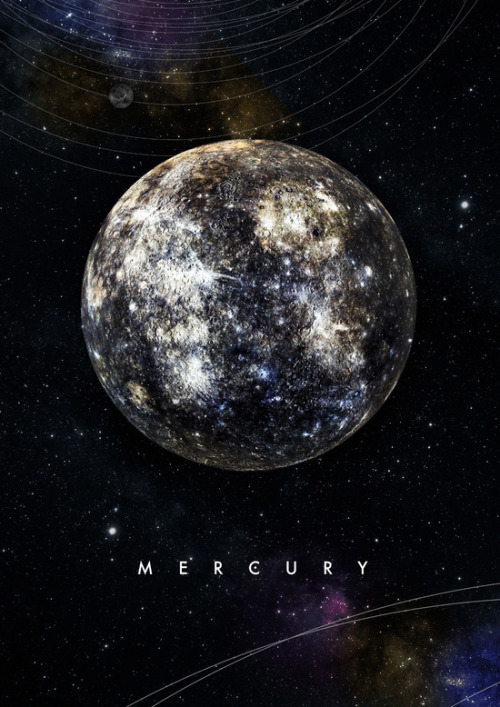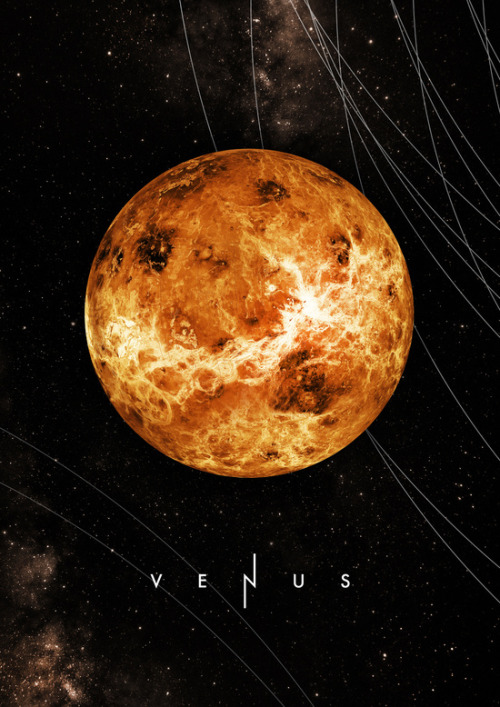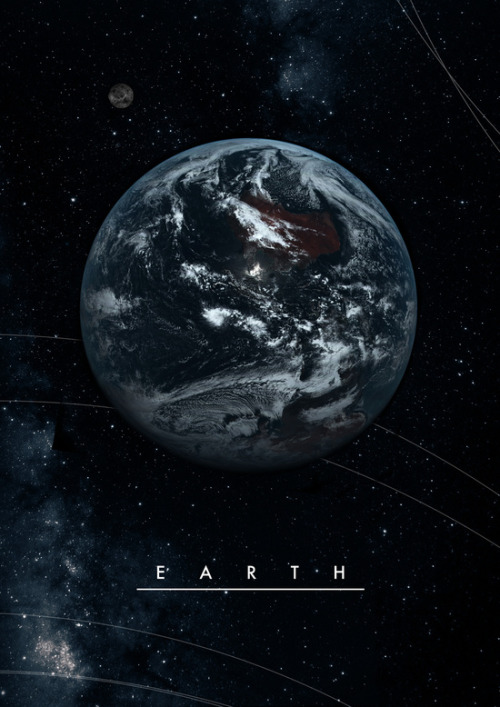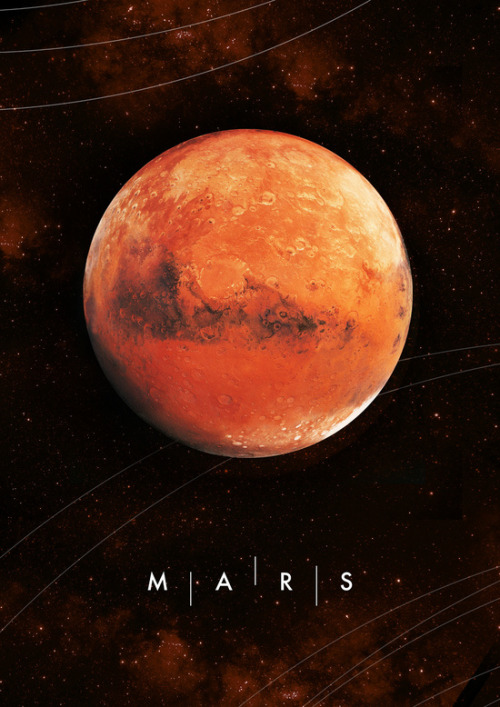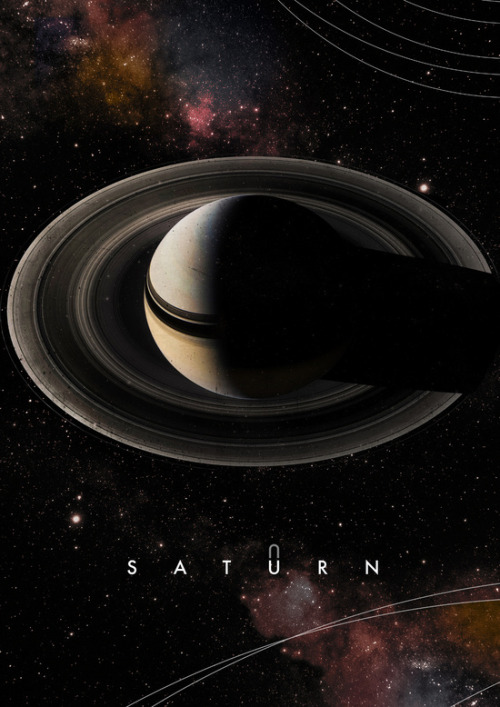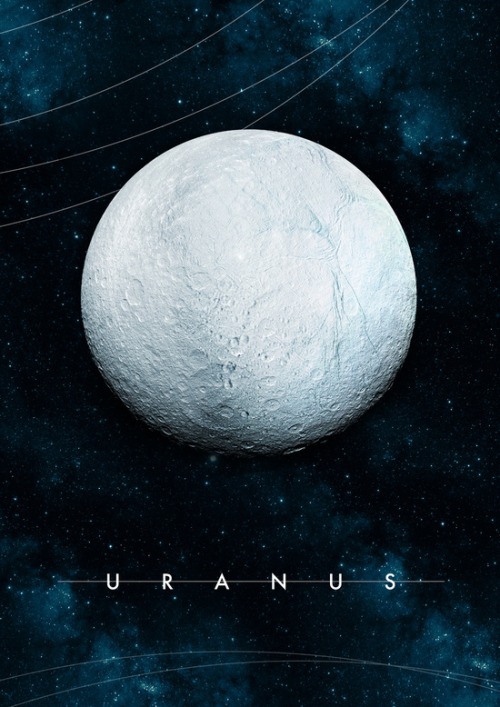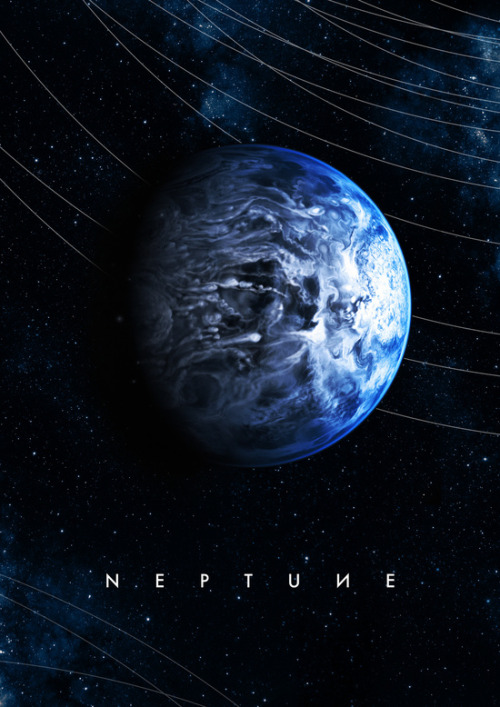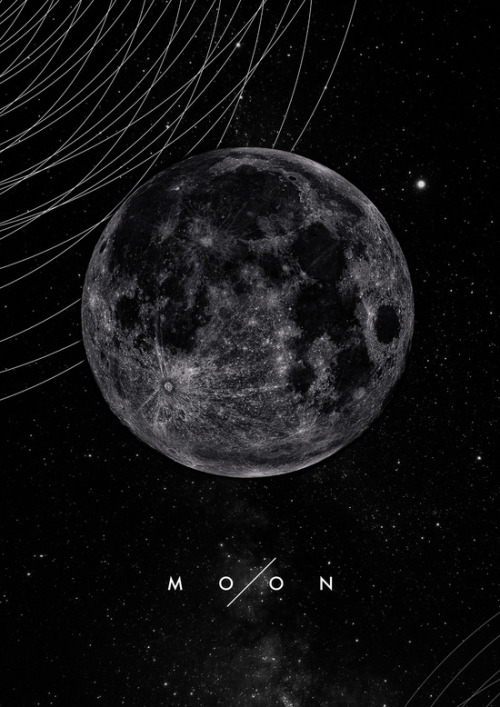Latest Posts by earth-trisolaris-organization - Page 3
Well I've finally finished Death's End. That was the best book I've ever read in my entire life.

She felt a pang of sorrow as she realized that Hugh Jackman and Nicole Kidman had both been dead for probably over two centuries.
Cixin Liu, Death’s End

Read Selections from Cixin Liu’s Death’s End on Tor.com.


so I just bought this
I’ve read the first few chapters of Death’s End. I love it already. Even the statistical information before the story starts is intriguing. Foolishly, I thought I could wait until my library copy came in, but I can’t. So I’m off to a bookstore.


“A futuristic tale of urban life in Beijing has won a Chinese novelist a top international prize for science fiction, beating out heavyweight Stephen King for the honour.
Hao Jingfang, 32, won the Hugo Award for best novelette with Folding Beijing, a year after another Chinese writer, Liu Cixin, won the best novel prize for The Three-Body Problem, Xinhua reported on the weekend.
Receiving her award in Kansas City, Missouri, Hao said she was not surprised she had won but had also been prepared to lose.
“In Folding Beijing, I have raised a possibility for the future and how we face the challenges of automated production, technological advances, unemployment and economic stagnation,” she said.
Hao said her book offered a solution to those challenges, but she hoped the situations she described would not become reality.
Hao is from Tianjin, and graduated with a physics degree from Tsinghua University in 2006.
The Hugo Awards, established in 1953, are regarded as the highest honour in science fiction and fantasy. They are named after Hugo Gernsback who was the founder of the American science fiction magazineAmazing Stories.”
Read the full piece here
Congratulations Hao Jingfang!
Every era puts invisible shackles on those who have lived through it, and I can only dance in my chains.
Liu Cixin, The Three-Body Problem

Juo Li, cosmic sociologist from the sequel to The Three Body Problem


“Welcome to jupiter”
“Welcome to jupiter,” a voice said over the radio at Nasa’s JPL, with scientists cheering, clapping and hugging each other.
The burn time was within one second of the predicted time, putting it in exactly the orbit it needed.
“You’re the best team ever! We just did the hardest thing Nasa has ever done,” shouted, principle investigator of the Juno mission, Scott Bolton.

Unfortunately, I cannot see the Milky Way from my backyard because of light pollution.
What’s Up for May 2016?

What’s Up for May? Two huge solar system highlights: Mercury transits the sun and Mars is closer to Earth than it has been in 11 years.

On May 9, wake up early on the west coast or step out for coffee on the east coast to see our smallest planet cross the face of the sun. The transit will also be visible from most of South America, western Africa and western Europe.

A transit occurs when one astronomical body appears to move across the face of another as seen from Earth or from a spacecraft. But be safe! You’ll need to view the sun and Mercury through a solar filter when looking through a telescope or when projecting the image of the solar disk onto a safe surface. Look a little south of the sun’s Equator. It will take about 7 ½ hours for the tiny planet’s disk to cross the sun completely. Since Mercury is so tiny it will appear as a very small round speck, whether it’s seen through a telescope or projected through a solar filter. The next Mercury transit will be Nov. 11, 2019.

Two other May highlights involve Mars. On May 22 Mars opposition occurs. That’s when Mars, Earth and the sun all line up, with Earth directly in the middle.

Eight days later on May 30, Mars and Earth are nearest to each other in their orbits around the sun. Mars is over half a million miles closer to Earth at closest approach than at opposition. But you won’t see much change in the diameter and brightness between these two dates. As Mars comes closer to Earth in its orbit, it appears larger and larger and brighter and brighter.

During this time Mars rises after the sun sets. The best time to see Mars at its brightest is when it is highest in the sky, around midnight in May and a little earlier in June.

Through a telescope you can make out some of the dark features on the planet, some of the lighter features and sometimes polar ice and dust storm-obscured areas showing very little detail.

After close approach, Earth sweeps past Mars quickly. So the planet appears large and bright for only a couple weeks.

But don’t worry if you miss 2016’s close approach. 2018’s will be even better, as Mars’ close approach will be, well, even closer.
You can find out about our #JourneytoMars missions at mars.nasa.gov, and you can learn about all of our missions at http://www.nasa.gov.
Make sure to follow us on Tumblr for your regular dose of space: http://nasa.tumblr.com
This interminable wave was an abstract view of the universe: one end connected to the endless past, the other to the endless future, and in the middle only the ups and downs of random chance—without life, without pattern, the peaks and valleys at different heights like uneven grains of sand lined up in a row, lonely, desolate, so long that it was intolerable. You could follow it and go forward or backward as long as you liked, but you’d never find the end.
Cixin Liu, “The Three-Body Problem”


“It’s a wonder to be alive. If you don’t understand that, how can you search for anything deeper?” – Cixin Liu, Hugo Award winning science fiction novelist and the most prolific and popular writer of SF in China.



Stephan Martinier’s cover art for the Tor versions of the Rememberance Of Earth’s Past (a.k.a. Three Body) trilogy by Liu Cixin.
[Top to bottom: The Three-Body Problem; The Dark Forest; Death’s End.]
We discussed the science fiction novel Three Body Problem by Cixin Liu, the English translation (by Ken Liu) was released on November 11th. First half is spoiler free/minimal, second half of the discussion contains major plot spoilers. All of the liveshow participants were fortunate enough to receive ARCs from the publisher, Tor.
Participants:
Michael from Bitten by a Radioactive Book: https://www.youtube.com/channel/UCaqri6yb-dGzmfw8SHMo0yw
Elizabeth from Books and Pieces: https://www.youtube.com/channel/UCXifXYnZ5fVrlhpuhDjZOGg
Kaitlin from Kitty G: https://www.youtube.com/channel/UCubeiIJVCyYgn5bqfD0jl0w
Brock from Let’s Read: https://www.youtube.com/channel/UCMGoaqXQ6d6Z3Vr-I3JIy6A
Bri from Stories from the Shelf: https://www.youtube.com/channel/UCmTKGq0LnoybKSMk0PYCF-g

http://ebooksession.com/book/MThmM2M1eA~~/The-Wandering-Earth#.VBxzvDwtD4g
Didn’t guess this one, either. And I don’t remember any orbital tethers in that story, or antennae. Plumes of plasma fire, maybe, but not tethers.
These two I imagine as Zhang Behiai and Wang Miao.


Infernal Affairs (2002) - dir. Andrew Lau and Alan Mak. 無間道/无间道


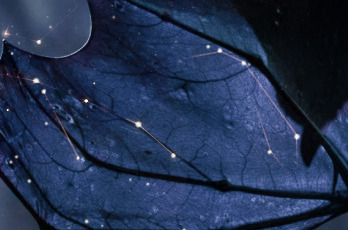
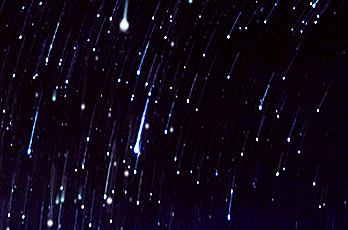


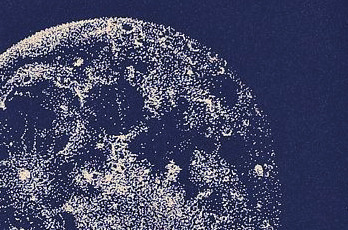

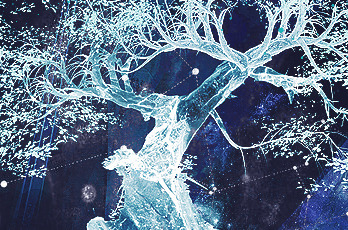
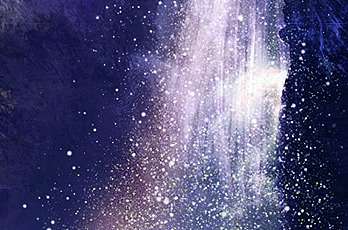
“The Three Body Problem” movie: sci-fi made in China?
Awesome! They made it into a fim. I cannot wait to see it.
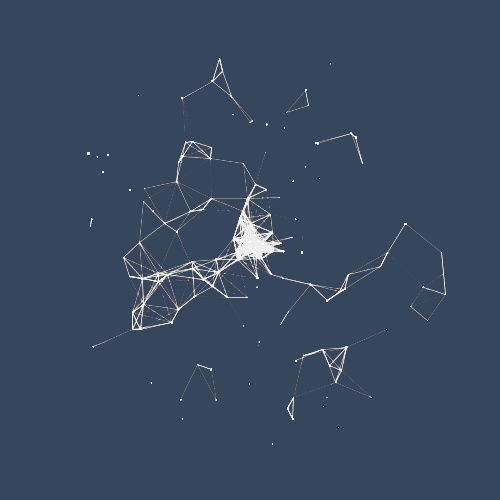
I listened to this song a lot while reading 3 Body Problem and The Dark Forest.
